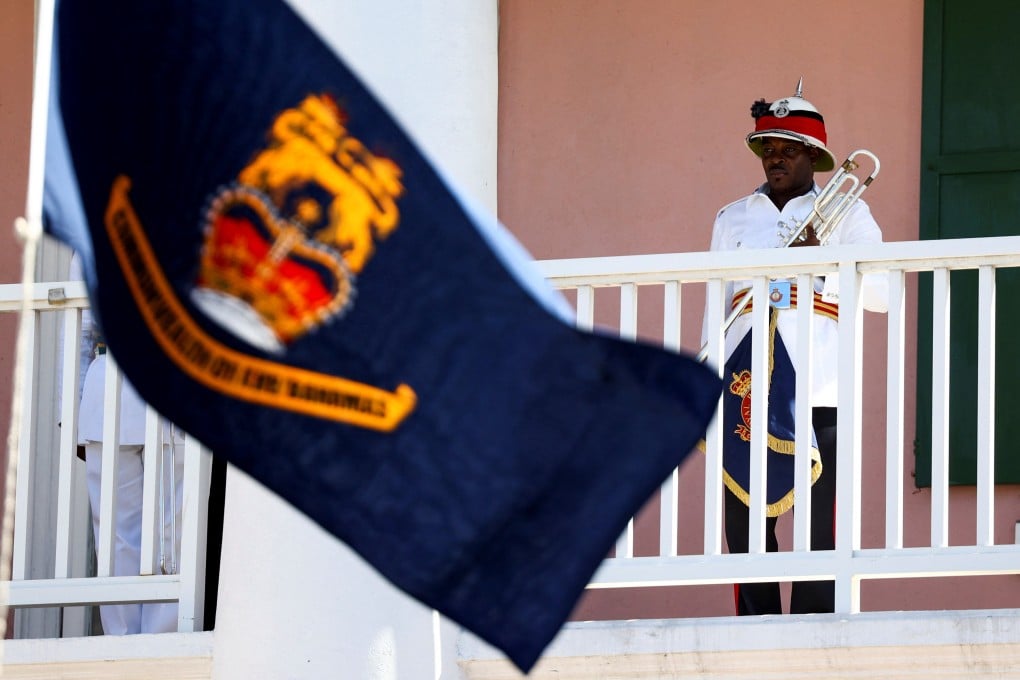Opinion | Under King Charles, the future of the Commonwealth looks uncertain
- While fractures have long existed in the group of former British territories, they were more or less held together by the unifying power of Queen Elizabeth
- As Charles takes on the hereditary role of head of the Commonwealth, many members will again question the value of the group and the legitimacy of its figurehead

The Commonwealth of Nations, a group of 56 member states comprising mostly former territories of the British Empire, is home to 2.5 billion people – a third of the global population – and represents US$13.1 trillion in gross domestic product. The group also hosts 32 of the world’s smallest 42 states.
The Commonwealth dates back to a meeting in 1926 between Britain’s King George V – grandfather of Elizabeth – and the leaders of the United Kingdom and six Dominions (semi-independent territories that had the British monarch as head of state), where it was agreed that each country should be regarded as autonomous and equal. The declaration was made official in 1931.
In 1949, the Commonwealth was updated to allow nations that wanted to become republics, like India, to keep their membership, leading to its current configuration.
Although the Commonwealth was formed to create unity among former and current British territories, it remains a symbol of Britain’s colonial history. For many, it is a reminder of the economic inequality that exists among former British colonies. As former Malaysian prime minister Mahathir Mohamad said in 2015, “the ‘wealth’ is not ‘common’ at all, it belongs to only four members and the rest are poor”.

